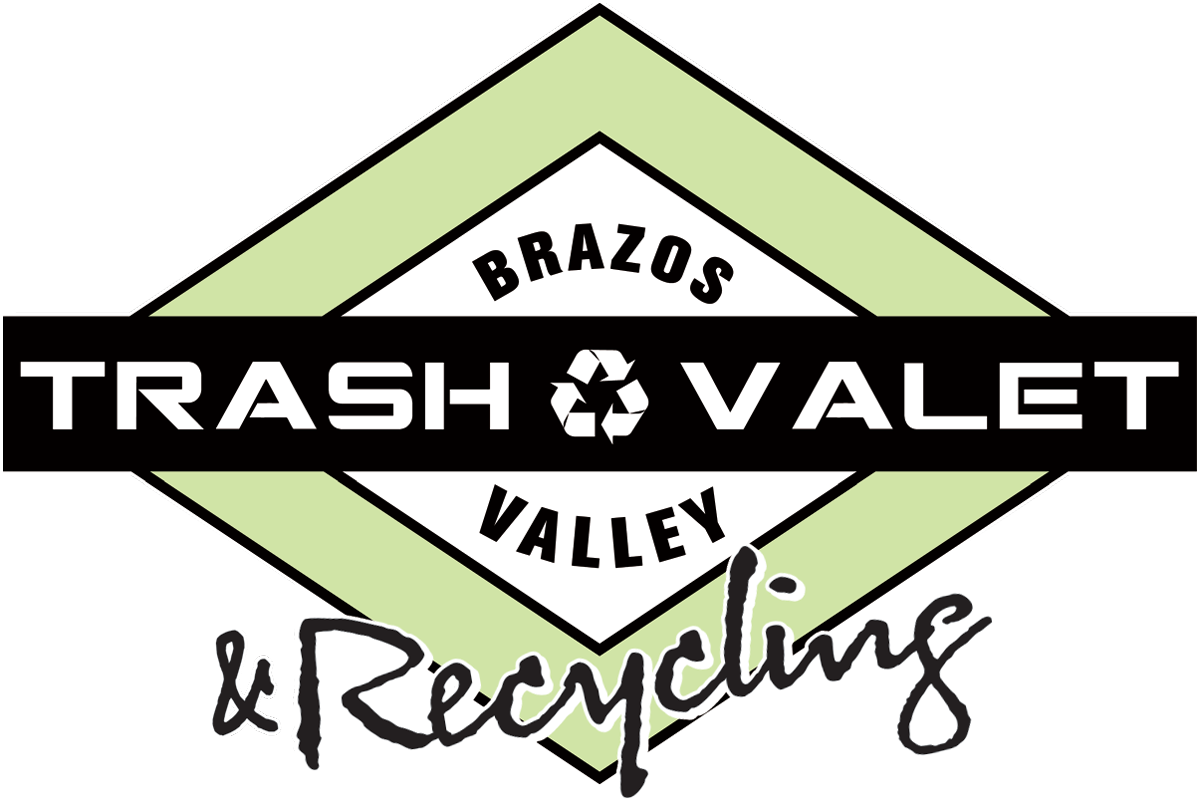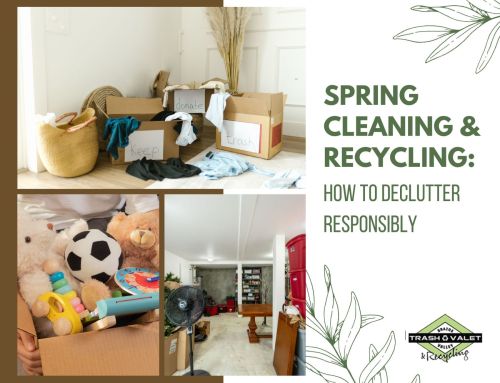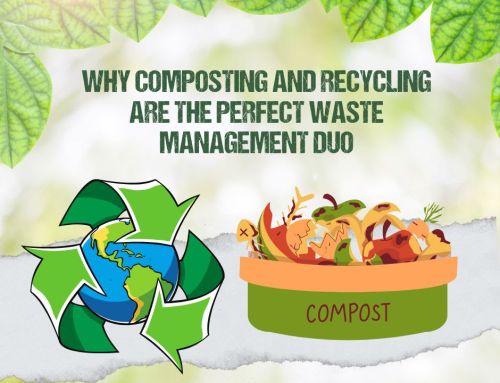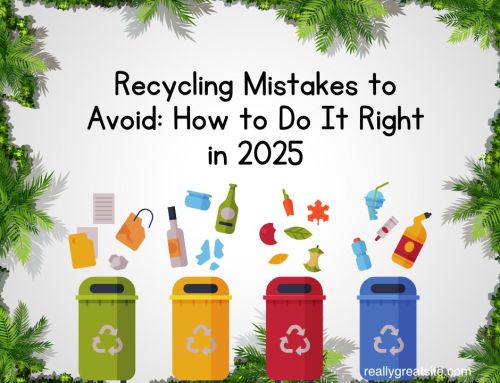Composting vs. Recycling: Which is Better for the Environment?
As more people become aware of their environmental impact, two of the most commonly discussed waste management practices are composting and recycling. Both methods offer distinct advantages in reducing waste and conserving resources, but they serve different purposes and tackle different kinds of waste. The big question for eco-conscious residents is: Which is better for the environment? The answer lies in understanding the benefits and limitations of each method, and knowing when to compost and when to recycle.
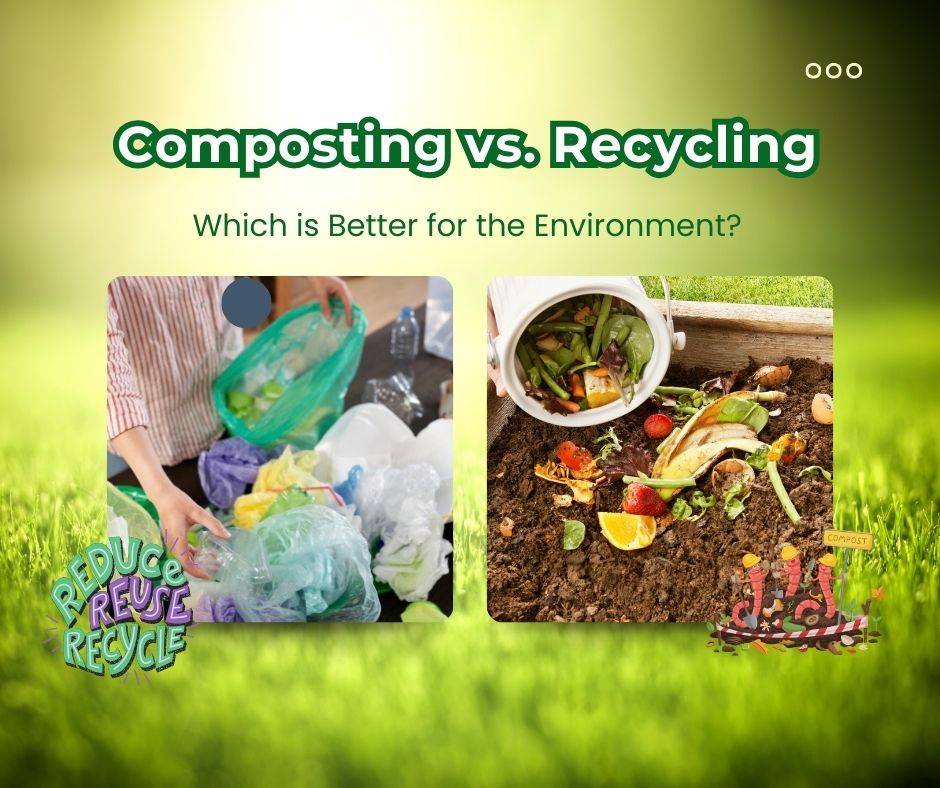
Composting: Nature’s Recycling
Composting is the process of breaking down organic materials, such as food scraps and yard waste, into nutrient-rich soil. It mimics the natural decomposition process, returning essential nutrients to the earth. Here are some of the benefits of composting:
- Reduces Landfill Waste: Composting keeps organic waste out of landfills, where it would otherwise contribute to the production of methane, a potent greenhouse gas.
- Enriches Soil: The end product of composting, often called “black gold,” is a nutrient-rich material that can improve soil health and promote plant growth.
- Reduces the Need for Chemical Fertilizers: Compost acts as a natural fertilizer, reducing the need for synthetic fertilizers, which can pollute waterways and degrade soil quality over time.
However, composting also comes with limitations:
- Limited to Organic Waste: Only biodegradable materials such as fruit and vegetable scraps, coffee grounds, and yard clippings can be composted. Plastic, glass, metal, and other non-organic materials cannot.
- Requires Space and Time: Composting typically requires a designated area, such as a bin or pile, and can take weeks or months for materials to fully decompose.
Recycling: Turning Waste into Resources
Recycling involves processing materials such as paper, plastic, metal, and glass to create new products. Instead of sending these items to a landfill, they can be transformed and reused, conserving raw materials and energy. The benefits of recycling include:
- Conserves Natural Resources: Recycling reduces the need to extract raw materials from the environment, preserving natural habitats and reducing the strain on our planet’s resources.
- Reduces Energy Consumption: Producing goods from recycled materials often uses significantly less energy than manufacturing products from virgin materials. For example, recycling aluminum saves up to 95% of the energy required to produce new aluminum.
- Decreases Pollution: Recycling reduces pollution from raw material extraction, processing, and manufacturing. It also helps keep potentially harmful materials, like electronic waste, out of landfills.
Recycling also has its challenges:
- Contamination Issues: Many recycling programs struggle with contamination, where non-recyclable items (like greasy pizza boxes or plastic bags) end up in recycling bins, making the process less efficient.
- Not Everything Can Be Recycled: While recycling rates have improved, not all materials can be recycled, and some (like certain plastics) degrade in quality each time they are recycled.
When to Compost and When to Recycle
So, how can residents make informed decisions about when to compost and when to recycle?
- Compost whenever possible for food scraps, yard waste, and biodegradable materials like coffee grounds, eggshells, and paper towels. If you have a garden or even a small balcony, you can create a composting system that fits your space.
- Recycle paper, cardboard, plastic (check your local guidelines), glass, and metals like aluminum and steel. Make sure to rinse items and avoid adding contaminated materials like food-soiled containers to your recycling bin.
The Verdict: Both Have Their Place
Composting and recycling aren’t mutually exclusive—both play vital roles in reducing waste and conserving resources. By composting organic materials and recycling other eligible items, you can help reduce landfill waste, conserve energy, and support a healthier planet.
In the end, neither composting nor recycling is inherently “better”; they complement each other in the larger waste management ecosystem. The key is knowing when to use each method and making the effort to incorporate both into your daily life for a more sustainable future.
Share This Story, Choose Your Platform!
Composting vs. Recycling: Which is Better for the Environment?
As more people become aware of their environmental impact, two of the most commonly discussed waste management practices are composting and recycling. Both methods offer distinct advantages in reducing waste and conserving resources, but they serve different purposes and tackle different kinds of waste. The big question for eco-conscious residents is: Which is better for the environment? The answer lies in understanding the benefits and limitations of each method, and knowing when to compost and when to recycle.

Composting: Nature’s Recycling
Composting is the process of breaking down organic materials, such as food scraps and yard waste, into nutrient-rich soil. It mimics the natural decomposition process, returning essential nutrients to the earth. Here are some of the benefits of composting:
- Reduces Landfill Waste: Composting keeps organic waste out of landfills, where it would otherwise contribute to the production of methane, a potent greenhouse gas.
- Enriches Soil: The end product of composting, often called “black gold,” is a nutrient-rich material that can improve soil health and promote plant growth.
- Reduces the Need for Chemical Fertilizers: Compost acts as a natural fertilizer, reducing the need for synthetic fertilizers, which can pollute waterways and degrade soil quality over time.
However, composting also comes with limitations:
- Limited to Organic Waste: Only biodegradable materials such as fruit and vegetable scraps, coffee grounds, and yard clippings can be composted. Plastic, glass, metal, and other non-organic materials cannot.
- Requires Space and Time: Composting typically requires a designated area, such as a bin or pile, and can take weeks or months for materials to fully decompose.
Recycling: Turning Waste into Resources
Recycling involves processing materials such as paper, plastic, metal, and glass to create new products. Instead of sending these items to a landfill, they can be transformed and reused, conserving raw materials and energy. The benefits of recycling include:
- Conserves Natural Resources: Recycling reduces the need to extract raw materials from the environment, preserving natural habitats and reducing the strain on our planet’s resources.
- Reduces Energy Consumption: Producing goods from recycled materials often uses significantly less energy than manufacturing products from virgin materials. For example, recycling aluminum saves up to 95% of the energy required to produce new aluminum.
- Decreases Pollution: Recycling reduces pollution from raw material extraction, processing, and manufacturing. It also helps keep potentially harmful materials, like electronic waste, out of landfills.
Recycling also has its challenges:
- Contamination Issues: Many recycling programs struggle with contamination, where non-recyclable items (like greasy pizza boxes or plastic bags) end up in recycling bins, making the process less efficient.
- Not Everything Can Be Recycled: While recycling rates have improved, not all materials can be recycled, and some (like certain plastics) degrade in quality each time they are recycled.
When to Compost and When to Recycle
So, how can residents make informed decisions about when to compost and when to recycle?
- Compost whenever possible for food scraps, yard waste, and biodegradable materials like coffee grounds, eggshells, and paper towels. If you have a garden or even a small balcony, you can create a composting system that fits your space.
- Recycle paper, cardboard, plastic (check your local guidelines), glass, and metals like aluminum and steel. Make sure to rinse items and avoid adding contaminated materials like food-soiled containers to your recycling bin.
The Verdict: Both Have Their Place
Composting and recycling aren’t mutually exclusive—both play vital roles in reducing waste and conserving resources. By composting organic materials and recycling other eligible items, you can help reduce landfill waste, conserve energy, and support a healthier planet.
In the end, neither composting nor recycling is inherently “better”; they complement each other in the larger waste management ecosystem. The key is knowing when to use each method and making the effort to incorporate both into your daily life for a more sustainable future.
